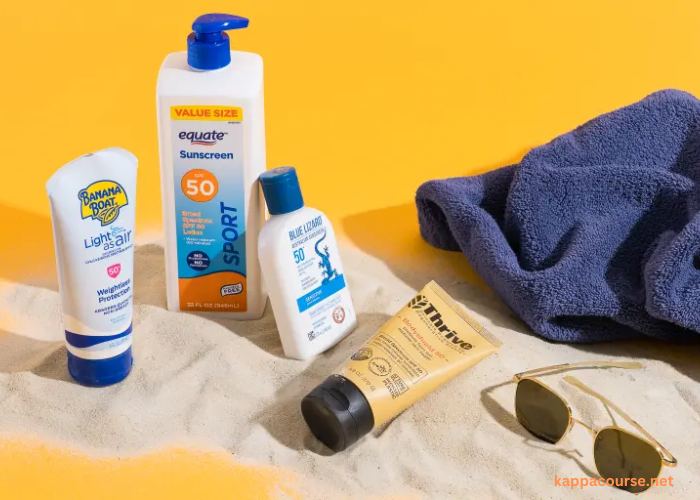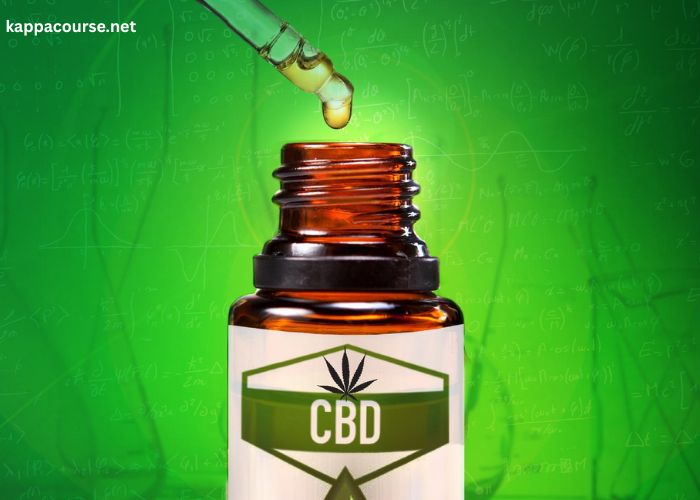As the awareness of skin health and sun safety grows, more people are turning to sunscreens that offer robust and reliable protection without the harsh effects of certain chemicals. A physical sunscreen, which works by being perched on top of the body to shield from ultraviolet radiation physically, is becoming increasingly popular for its gentle yet effective protection. These products rely on natural minerals and other supportive ingredients that protect and nurture skin from the sun. Understanding the key ingredients in these sunscreens can help you choose a product that provides maximum protection. So, here are some of the top ingredients that make it a standout choice for defending your skin against harmful UV radiation.
Zinc Oxide: The Broad-Spectrum Protector
Zinc oxide is one of the most effective ingredients. This mineral acts as a full-spectrum blocker, shielding the skin from UVA and UVB rays. Unlike chemical ingredients that absorb ultraviolet light, zinc oxide forms a barrier on the surface, reflecting and scattering the sun’s rays. This makes it exceptionally safe and effective, with minimal irritation or allergic reaction risk. Due to its soothing properties, zinc oxide is also recommended for all types, including sensitive, acne-prone, and rosacea-affected skin.
Carnosine: Combating Photoaging and Oxidation
Carnosine is a lesser-known but highly beneficial ingredient in sun protection. This naturally occurring dipeptide is composed of amino acids beta-alanine and histidine. Primarily, it prevents cells from oxidative stress brought on by environmental aggressors like UV light by acting as an antioxidant. Carnosine helps to prevent glycation, a process that leads to the stiffening of collagen and elastin, thereby fighting signs of aging. Incorporating carnosine in sunscreen formulations helps to enhance resilience and maintains youthful elasticity.
Marrubium Vulgare Extract: Shielding Skin from Pollution
The robust protective properties of Marrubium vulgare extract, which is sourced from the white horehound plant, attract interest in skincare products. This extract has two uses when it comes to sun protection. It acts as a barrier, keeping out dangerous environmental pollutants that might worsen the skin’s damage from UV radiation. Due to its high antioxidant properties, marrubium vulgare helps neutralise free radicals and reduce inflammation. Because of this, it is an excellent component for sunscreens targeted at people who live in cities or are often exposed to polluted environments.
Titanium Dioxide: Gentle Yet Effective UV Filtration
Titanium dioxide is another mineral-based active ingredient commonly used in sunscreens. Like zinc oxide, it provides broad-spectrum UV protection by reflecting and scattering the sun’s rays. Titanium dioxide is especially suited for use around sensitive areas, such as the eyes, where chemical filters might irritate. Due to its gentle nature, it’s often used in sunscreens for children and individuals with highly reactive skin.
Antioxidants: Enhancing Sunscreen Efficacy
While not specific ingredients, antioxidants are crucial components in any high-quality sunscreen. These include vitamins C and E, ferulic acid, and green tea extracts. Antioxidants greatly improve zinc oxide and titanium dioxide. They work by neutralising free radicals generated by UV exposure, reducing oxidative stress, and thus preventing cellular damage and premature ageing. Their inclusion in sunscreen formulations supports skin health and bolsters overall protection.
When you choose a physical sunscreen with the right blend of active ingredients, you’re protecting your skin from the sun and enhancing its overall health and vitality. These sunscreens prevent sunburn and photoaging and fortify the skin against environmental challenges, making them an excellent choice for daily use.







